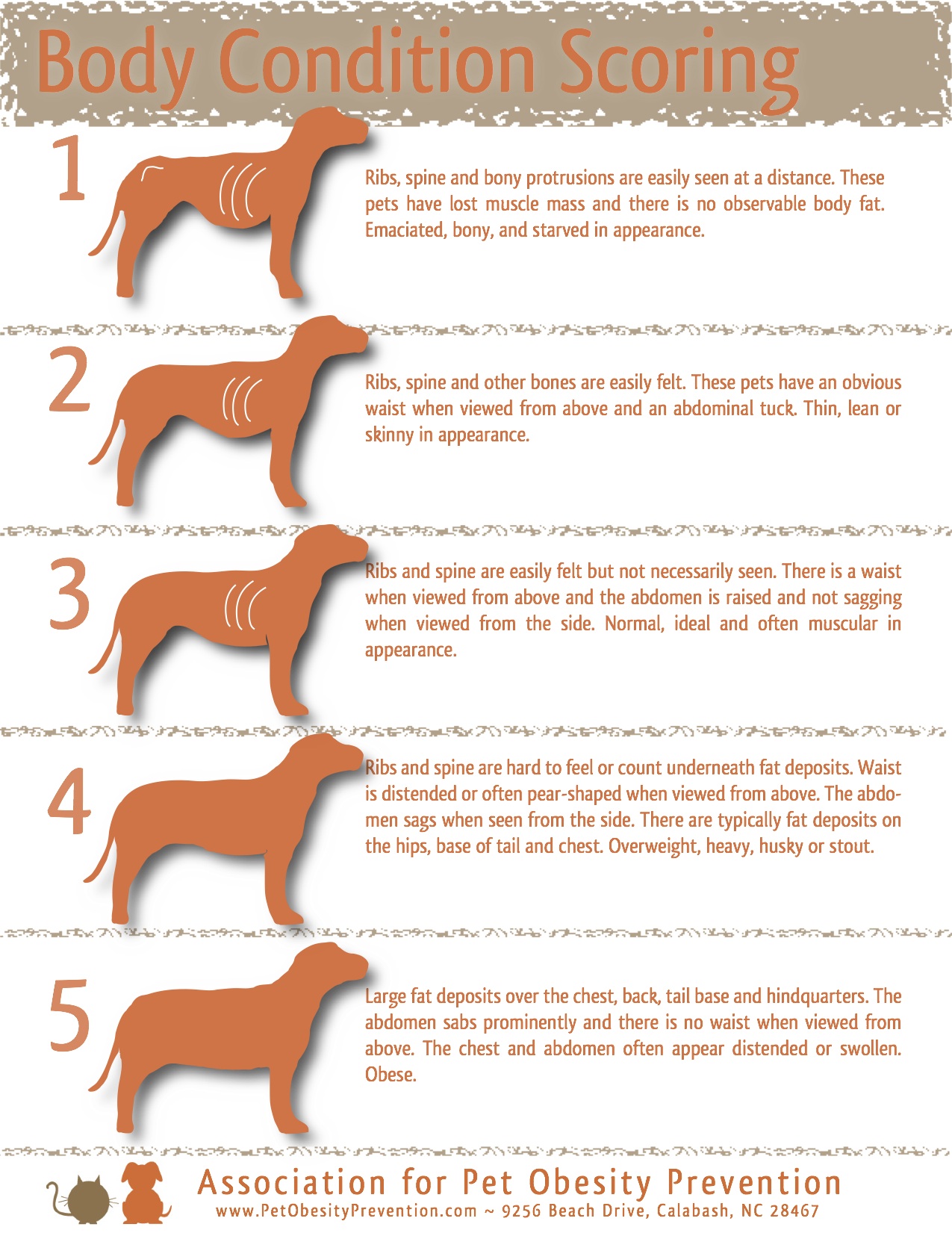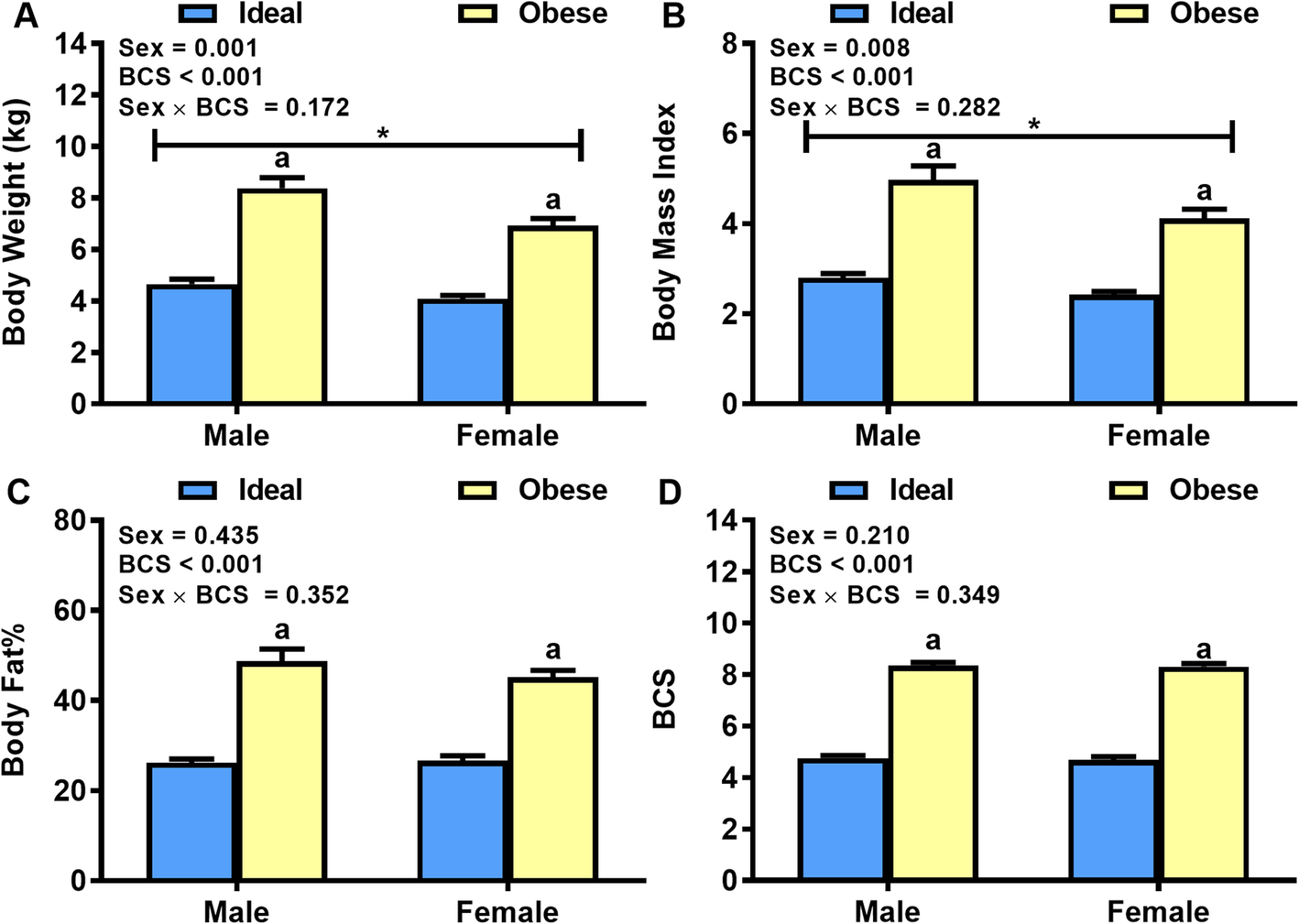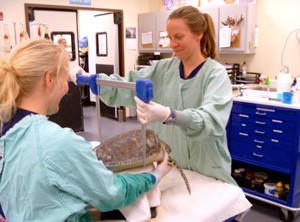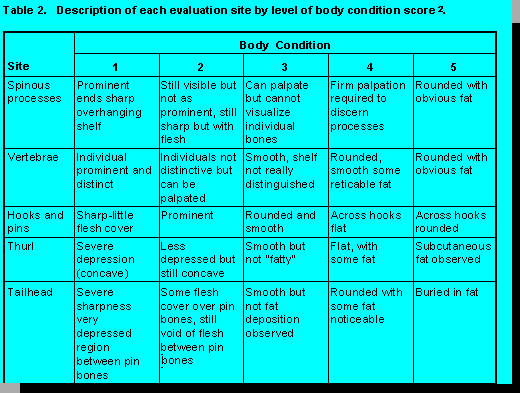Body condition score and liveweight have been reported to be statistically and often linearly related in ewes. Ribs palpable with difficulty.

Doc The Effect Of Body Condition Score In Yemeni Cold Areas
Measurement body condition score. The henneke body condition score system provides an accurate objective measure of the body fat a horse has accumulated. Body condition score was assessed by placing the mouse on a flat surface ie wire bar lid and holding the base of the tail with the thumb and index finger of one hand and scoring the degree of flesh and fat cover either by run ning the little finger of the same hand over the sacroiliac re gion or by palpating the sacroiliac region with the fingers of the opposite hand. Abdominal tuck may be present. The amount of fat stored by the animal is a direct reflection of the amount of energy and protein that the cow has consumed. The nine point scale is relied on by veterinarians researchers and horse owners to describe the body condition of a horse in a consistent and universal manner. Excess energy intake is stored as fat and adequate protein intake results in maximal muscle deposition.
You should be able to feel the ribs without obvious fat over them. Therefore it was hypothesized that current bcs could be accurately and indirectly predicted using a ewersquos lifetime liveweight liveweight change and previous bcs record. Of course this varies a bit by breed. The body condition score bcs in sheep ovis aries is a widely used subjective measure of body condition. Noticeable fat deposits over lumbar area and base of tail. The ideal body condition score for dogs and cats is in the middle of each scoring system.
Body condition score over ideal ribs palpable with slight excess fat covering. You should be able to see the waist behind the rib cage and the abdomen should tuck up when viewed from the side. Waist absent or barely visible. Waist is discernible viewed from above but is not prominent. Body condition score bcs is a visual assessment of the amount of fat in a cows body.

















